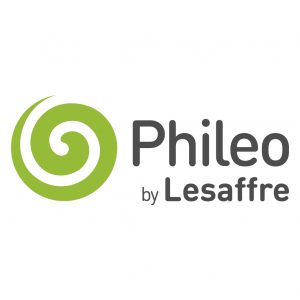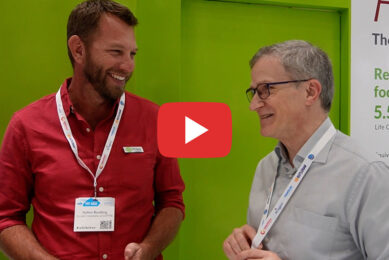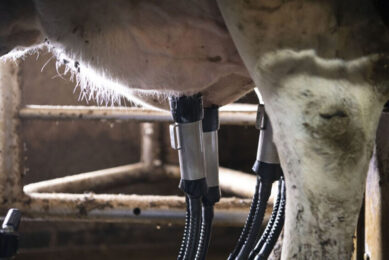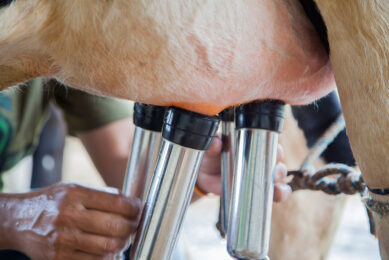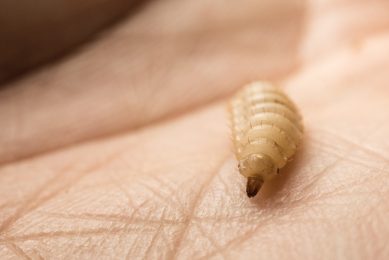Combat heat stress in swine with yeast probiotics
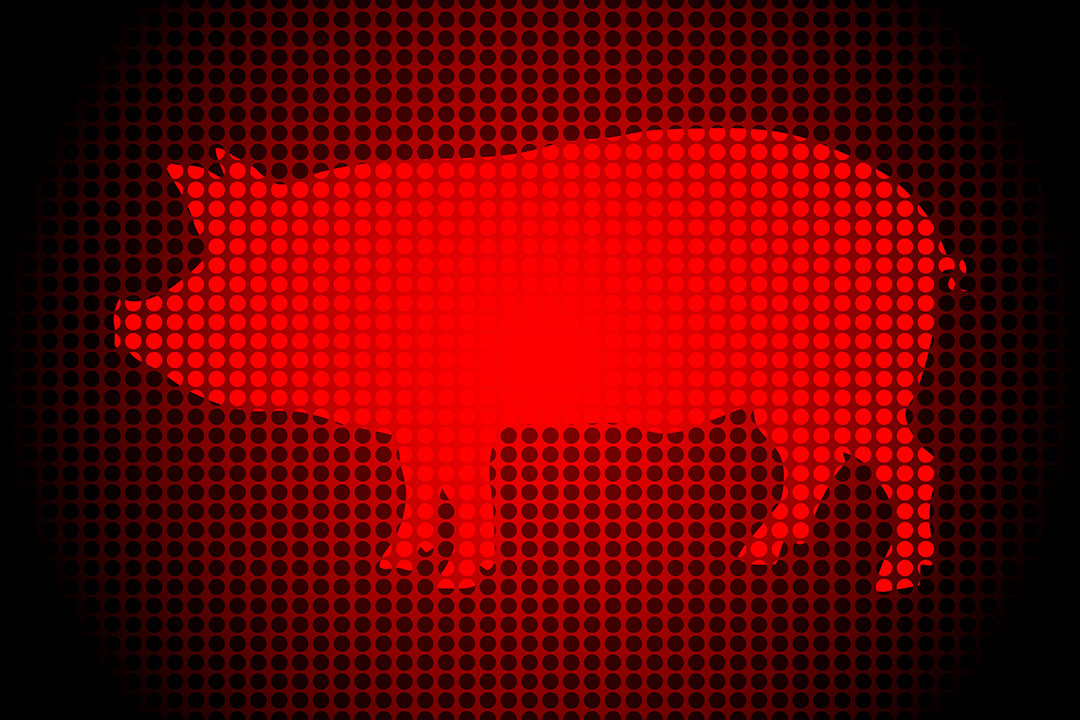
Heat stress, caused by a combination of high temperatures and relative humidity, is a hugely damaging condition in swine, leading to reduced fertility and lower milk production in sows and harming gut integrity in both sows and piglets.
Results from 4 different independent trials show sows suffering a decline in milk production of up to 30% when faced with temperatures of up to 29°C. Even sows in the best performing trial group had a fall in milk yield of 18%.
Decline in milk quality
Milk quality also declines in heat stress conditions with trial evidence of stressed sows having reduced IgG concentrations in their colostrum, compared with non-stressed sows. IgG concentrations in the colostrum of non-stressed sows had a starting point of 73.8 mg/ml, falling to 64.1 mg/ml in sows that were heat stressed. This effect continued to 24h when the non-stressed/ stressed comparison was 13.1/12.2 mg/ml.
Heat stress in piglets
Trial results also show that piglets, being raised by heat-stressed sows, have significantly lower blood serum IgG concentrations from day 1 to day 28 than the piglets of sows in a comparative control group. The starting IgG serum concentrations for heat stressed piglets was 19.6 mg/ml, compared to the control group’s IgG concentrations of 31.5 mg/ml. The gap in IgG concentrations continued to day 28 when the control group registered 12.6 mg/ml while the heat stressed piglets were on 9.7 mg/ml.
Embryo survival and fertility rates
Measuring fertility rates from February to November, including a peak summer period, showed average conception declining from more than 80% in the cool part of the year to just above 60% in the hotter months of July and August.
Heat stress also causes reduced embryo survival, according to trial results from an assessment running from 12 hours after weaning to 132 hours. Measured according to follicle size, control group embryos grew from just above 5mm in hour 12 to between 8 and 9mm by hour 132. Heat stressed group embryos started at around 4.3 mm and grew to just over 7mm by hour 132.
Sensitivity to pathogens
Looking at how heat stress impacts intestinal integrity in sows and piglets, trials show that high temperatures cause increased gut wall permeability in pigs, raising their sensitivity towards dangerous pathogens.
Recognised benefits of using yeast probiotics
In exploring a range of measures to combat the negative impacts of heat stress in swine, the effect of the yeast probiotic, Actisaf Sc 47 (from Phileo by Lesaffre, France), has been studied under field conditions on sows and piglets during exposure to temperatures of up to 30°C.
Numerous peer reviewed publications and field studies in different parts of the world have shown that yeast probiotic Sc 47 can positively modulate microbiota, conferring a health benefit on its host. Proven health benefits include helping to reduce the impact of a pathogen challenge in swine; a capacity to lower the risk of digestive disorders in piglets post-weaning; improving zootechnical performance; increasing feed efficiency and improving both carcass quality and meat yield.
Trial results
To assess the effect of yeast probiotic Sc 47 on sows and piglets under heat stress challenge, a field trial was performed in Eastern Europe, featuring a total of 192 sows, Danish genetic.
Half the sows (96) were given the yeast probiotic Sc 47 supplement in their diet from gestation day 80 until weaning, with the remaining half kept as a control group. The control sows were fed the same diet but without any supplementation. Yeast probiotic Sc 47 was included in the supplemented diet at a mixing rate of 1 kg per tonne.
The trial period covered July and August when temperatures in the region were up to 30°C and humidity level was up to 63%. In this challenging environment, yeast probiotic Sc 47 supplemented sows achieved a born alive rate of 95.04%, compared to 89.28% in the control group (Figure 1).
Furthermore, average daily weight gain (ADWG), measured from day zero to day 20, was much better for the yeast probiotic Sc 47 piglets than for the control group (215.5 g/day vs 201.0 g/day). As a result, the supplemented piglets achieved an average weaning weight of 5.74 kg, which was higher than the control group’s average of 5.53 kg (Figure 2).
Even when the temperature gauge reached 30°C and the humidity level was up to 63%, the evidence from this trial indicates that the dietary supplementation of sows during gestation and lactation with yeast probiotic Sc 47 at 1 kg/t, leads to higher piglet survival at birth and a higher piglet weight at weaning.
Economic benefits and enhanced herd profitability
The return on investment (ROI) from using yeast probiotic Sc 47, as recorded during the study, was 9:1. This was calculated by taking account of the cost of the supplementation against the added value created by higher piglet survival rates at birth and higher piglet weights at weaning. By promoting good progress during gestation and by making it possible to improve milk quality in sows, yeast probiotic Sc 47 enables both economic benefits and herd profitability to be enhanced.
By taking into account the cost of Actisaf (r) supplementation, the improvement in the survival rate at birth as well as the higher weight at weaning made it possible to obtain a return on investment of 9: 1. Thus by promoting the good progress of gestation and by making it possible to improve the quality of milk, Actisaf Sc 47 allows enhanced economic benefits and herd profitability.
References are available on request
Authors:
Fabio Catunda, Global Species Manager – Swine at Phileo by Lesaffre
Géraldine KUHN, Europe & CIS Swine Manager at Phileo by Lesaffre


